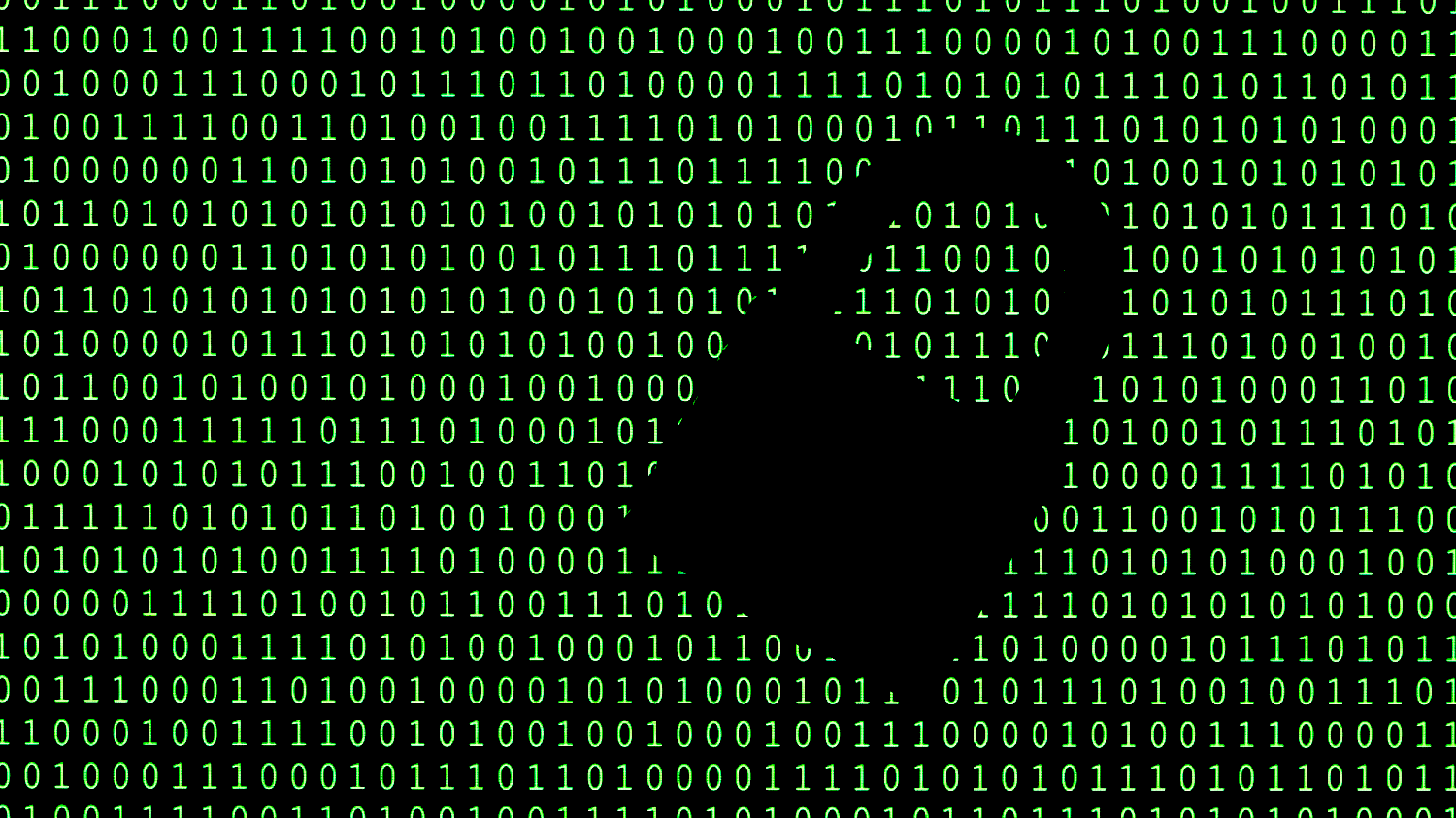Whether for business meetings, virtual classrooms, or catching up with loved ones, we rely heavily on video conferencing platforms to connect and communicate.
However, with the increasing prevalence of cyber threats and surveillance, protecting our digital privacy has become a paramount concern. Thus, encrypting your video conferences is no longer an option, but a necessity.

If you’re confused about what encryption is, here’s a crash course in how it works, and how your videoconferencing is protected by it.
What is data encryption?
Encryption is the strategic process of scrambling an initial message into a seemingly unintelligible message. However, both the sender and receiver have access to a cipher, or a key that allows for the message to be understood, or “cracked.” This way, if the message is intercepted between both parties, the information is still unknown.
Data encryption is the exact same process, but with digital information. Using encoding software, any form of data can be translated into an incomprehensible jumble until it reaches its authorized destination. Some common forms of data encryption include platforms like
HTTPS (which only puts encryption on sensitive information, rather than everything) and
end-to-end encryption (E2EE).
HTTPS (which only puts encryption on sensitive information, rather than everything) and
end-to-end encryption (E2EE).
Challenge
And just for fun, here’s a classic example of an old school encryption. See if you can break it!
Vd’qd Rlzqsdq Rxrsdlr!
So why, when, and where should I use it?
For companies that are diligent about maintaining the best cybersecurity possible, using E2EE is the way to go. Although using E2EE doesn’t make you immune from information breaches, you’re still much better off than someone that is transmitting sensitive data with absolutely no protection, or even just HTTPS protocols.
Luckily, when it comes to videoconferencing clients, major platforms like
Zoom,
Microsoft Teams,
Google Meet, and
WebEx
all have E2EE capabilities. However, these features are used to varying degrees through each platform, and many need you (and the person you’re conferencing with) to manually turn on E2EE.
Zoom,
Microsoft Teams,
Google Meet, and
WebEx
all have E2EE capabilities. However, these features are used to varying degrees through each platform, and many need you (and the person you’re conferencing with) to manually turn on E2EE.
That doesn’t mean that your videoconferences aren’t encrypted by default. Every client is already using encryption set to industry standards (such as SHA-256 or
AES-256bit), just not E2EE, which is only recommended for conferences that exchange confidential or personal information.
AES-256bit), just not E2EE, which is only recommended for conferences that exchange confidential or personal information.
Keep in mind though that for E2EE encryption to work, all parties must have the feature turned on. You also lose a varying amount of features with each client, such as the ability to invite people, chat, live streaming, and the ability to cloud record conferences.
